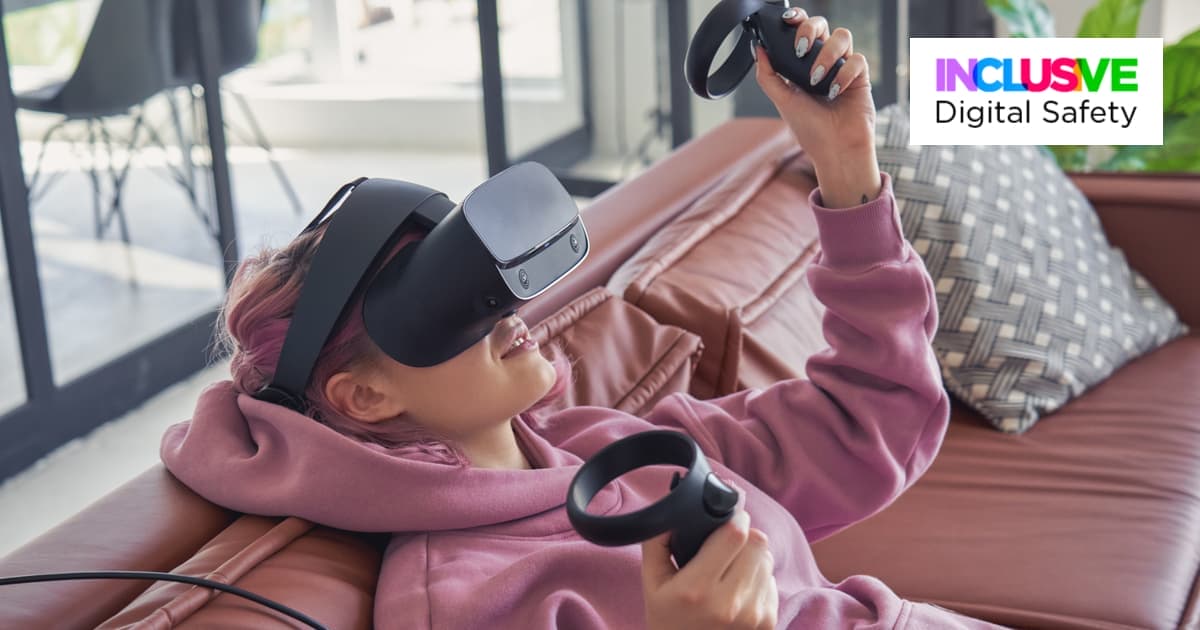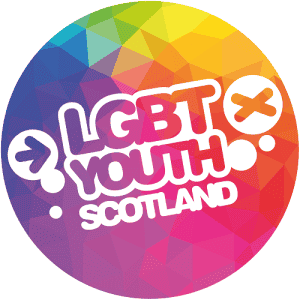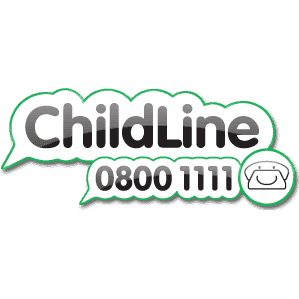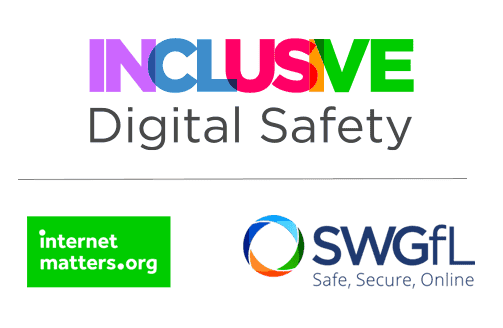Play a round with them
The best way for you to understand why your child is willing to risk being harassed or bullied in a game is simply to play it with them. Understand what they enjoy about it, like the strategy, competition, or social elements of the game. A great way to bond with them is over something they love, it will also help you to see just how at risk they are by understanding the way things are communicated within the game and the amount of inappropriate language or interaction actually might take place in an average session.
Find out how to report abuse
Have a conversation with your child on what their favourite games are and do some of your own research. Find out how to report abuse in their favourite games and what the processes are with the companies that produce these games. You may never need to use it but understanding how to do this will give you peace of mind knowing that you can take things further as and when you need to. The reporting varies across games, platforms, and publishers, so it’s best to find out what it is for each of your child’s favourite games.
Talk to your child about oversharing
Oversharing online is something that all children and young people need to be aware of. Have a conversation with the young person and support them to understand that it’s their choice whether they want to come out as LGBTQ+ to the people they game with online. Nobody should have to come out if they are not ready to do so. Equally, if a person does want to come out, they have a right to be treated with respect.
Make sure the young person knows that if they are bullied, harassed, trolled, or otherwise discriminated against online on the basis of being LGBTQ+, this is unacceptable. Let them know you’ll be there to support them if this happens. Support them to identify the steps they can take if this happens to them (e.g. reporting, blocking) and let them know they can tell you what’s happened and you’ll be there to help them.’. The aim of this is not to make them ashamed of their sexuality, but rather to protect them against witnessing harmful abuse or hate speech. It is important to note when discussing this with them that even if they do decide to keep their sexuality or gender identity private, these types of insults might still be thrown around casually within this space.
Set gaming times
As with social media use, talk to them about their time spent gaming and ensure they can balance this with a healthy sleeping pattern and maintaining all their other commitments. It would be more likely that older gamers will be online late in the evening and into the night, whereas gamers their own age will be online earlier and after school. Try to set a timetable that would be able to protect them from older gamers who might be more likely to be abusive or use inappropriate language in the chat function.









